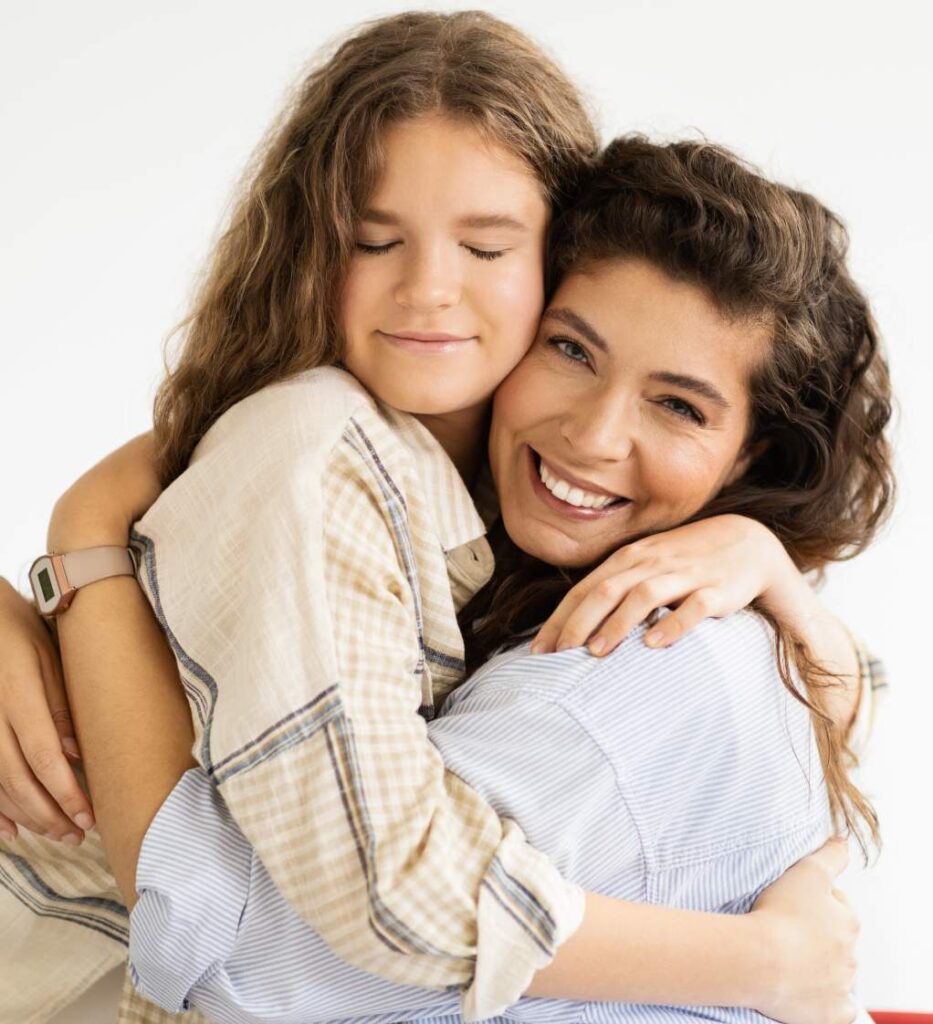Cervical cancer is a disease in which cancer cells arise in the cervix. HPV is almost always the cause of cervical cancer, which is why vaccines against the virus are an important part of cervical cancer prevention.
Human papillomavirus (HPV)
Nearly 1 in 4 Americans have HPV, and most people who have it are in their late teens and early 20s. Most people with HPV don’t have symptoms. That means you can get it from someone who doesn’t even know they’ve been infected.
HPV can go away on its own but if it doesn’t, it can cause 6 types of cancer and genital warts. If you’re 26 or younger, you still have time to get the HPV vaccine to protect yourself against HPV-related cancers and genital warts.
Cervical cancer is one of the most preventable cancers today. In most cases cervical cancer can be prevented through vaccines and early detection and treatment.
Human papillomavirus (HPV) is the most commonly sexually-transmitted infections in the US and is the cause of almost all cervical cancers in women. Nearly 80 million individuals in the US, most in their teens and early 20s, are infected with HPV. More than 12,000 women in the US are diagnosed with cervical cancer each year—but the disease can be prevented with vaccination.

10 Things to know about HPV and Cervical Cancer
Canyonlands Healthcare provides annual PAP exams that include a test for HPV as well as vaccines:
- Routine HPV vaccination is recommended at age 11-12 years.
- You should start getting Pap tests at age 21. The Pap test (or Pap smear) looks for precancers, which are cell changes on the cervix that might become cervical cancer if they are not treated appropriately.
- Catch-up HPV vaccination is recommended for all persons through age 26 years and the vaccine may be given to certain adults up to age 45 years.
Make sure that your pre-teens get the HPV vaccine. Both boys and girls need the vaccine.






